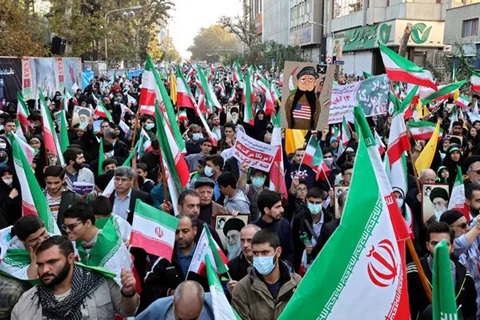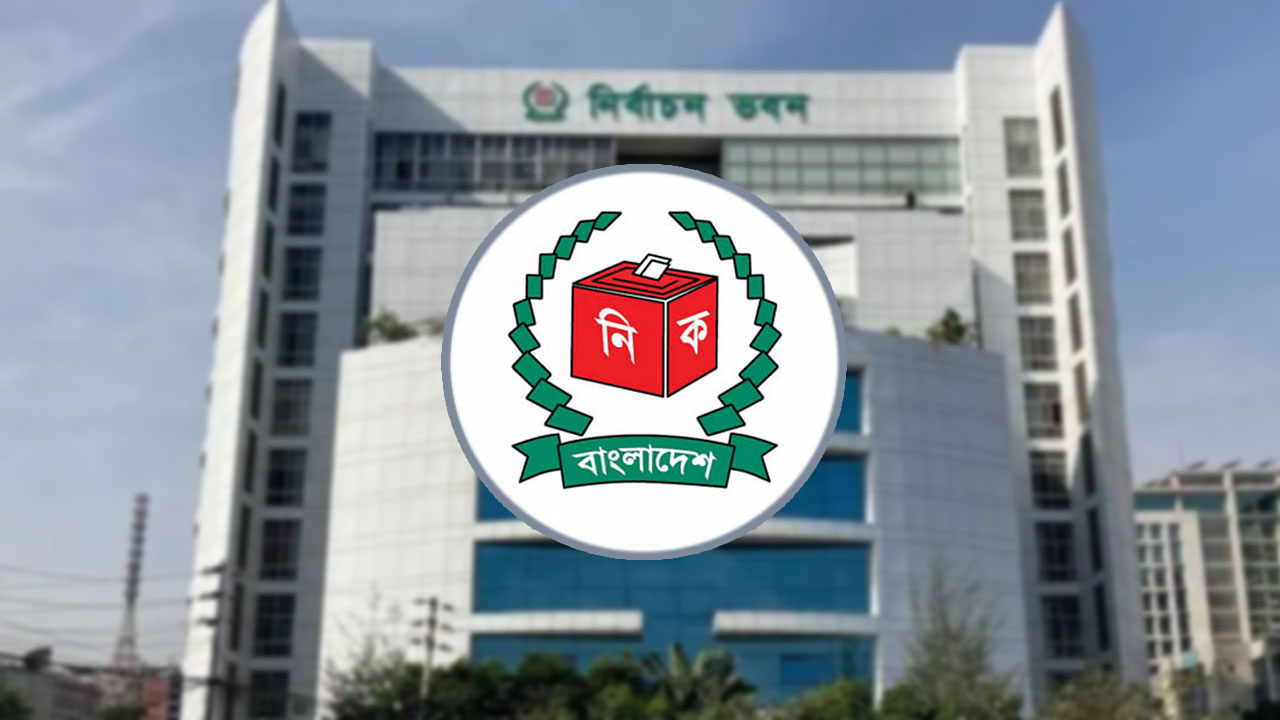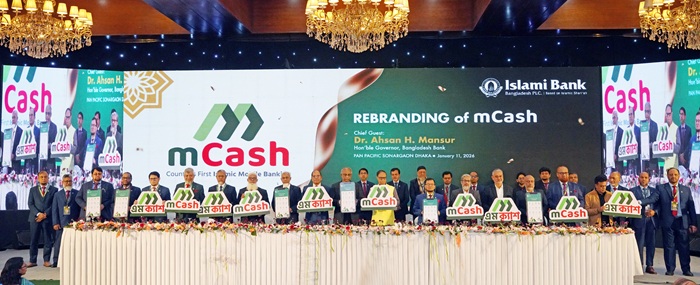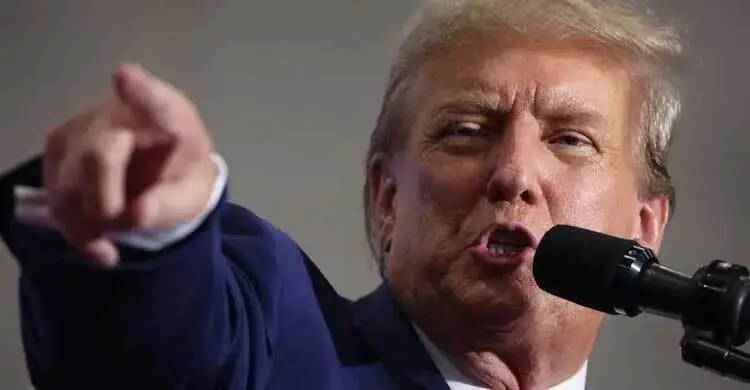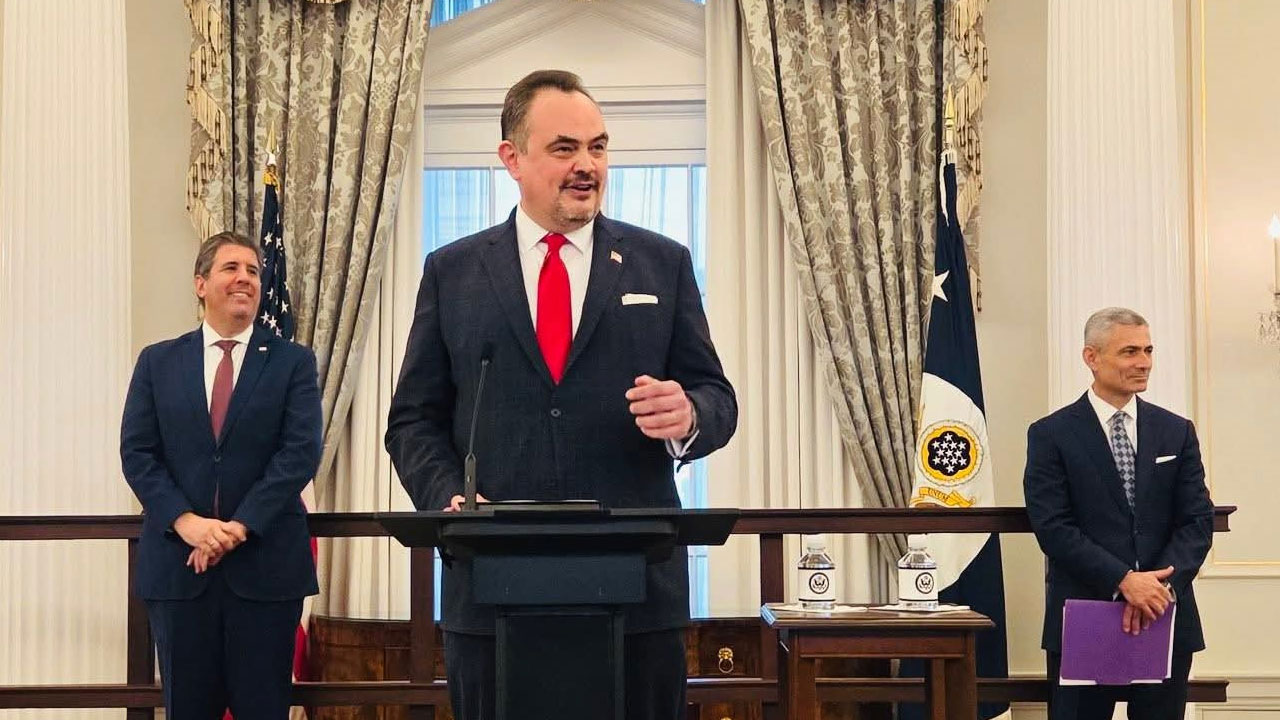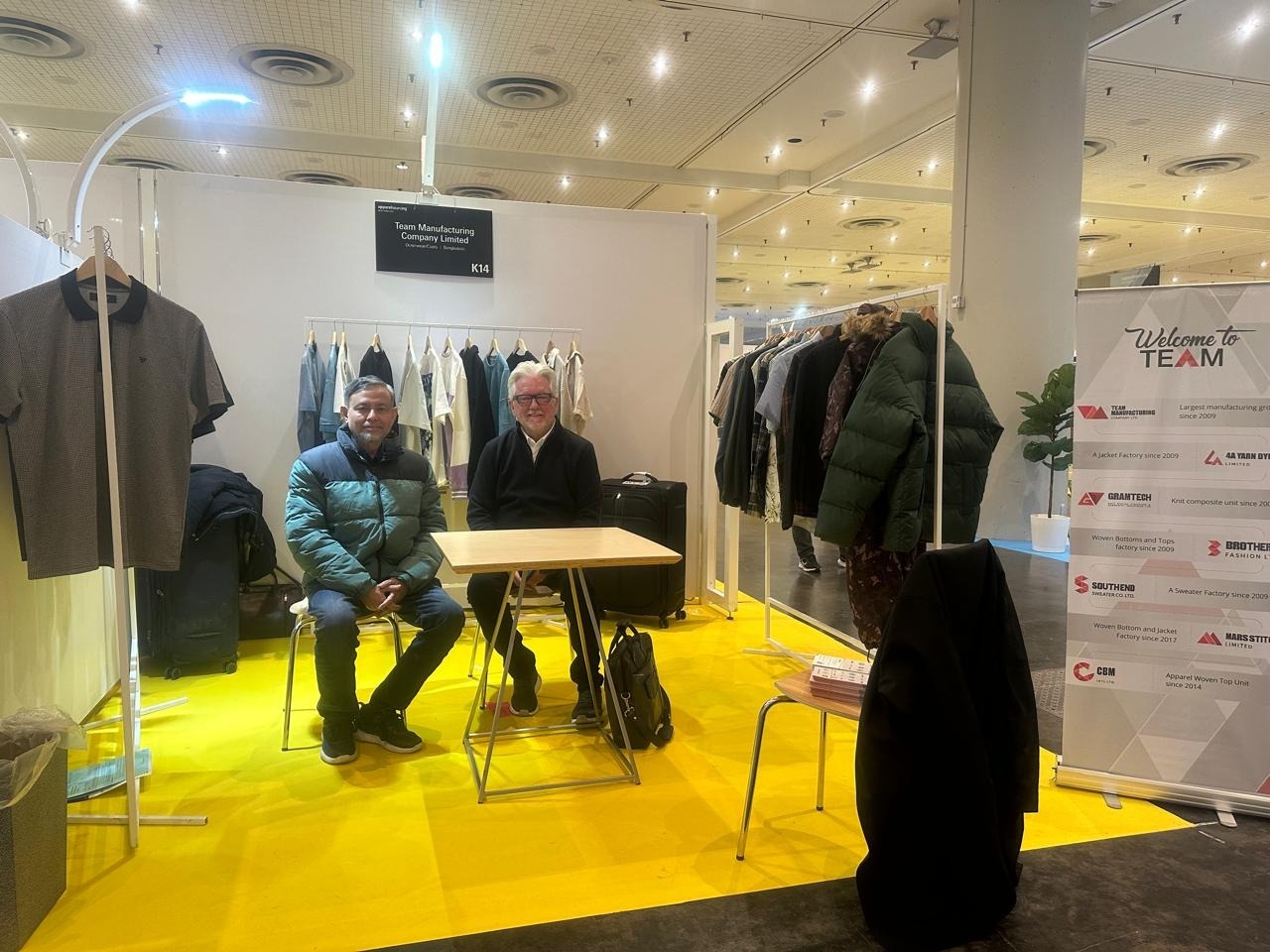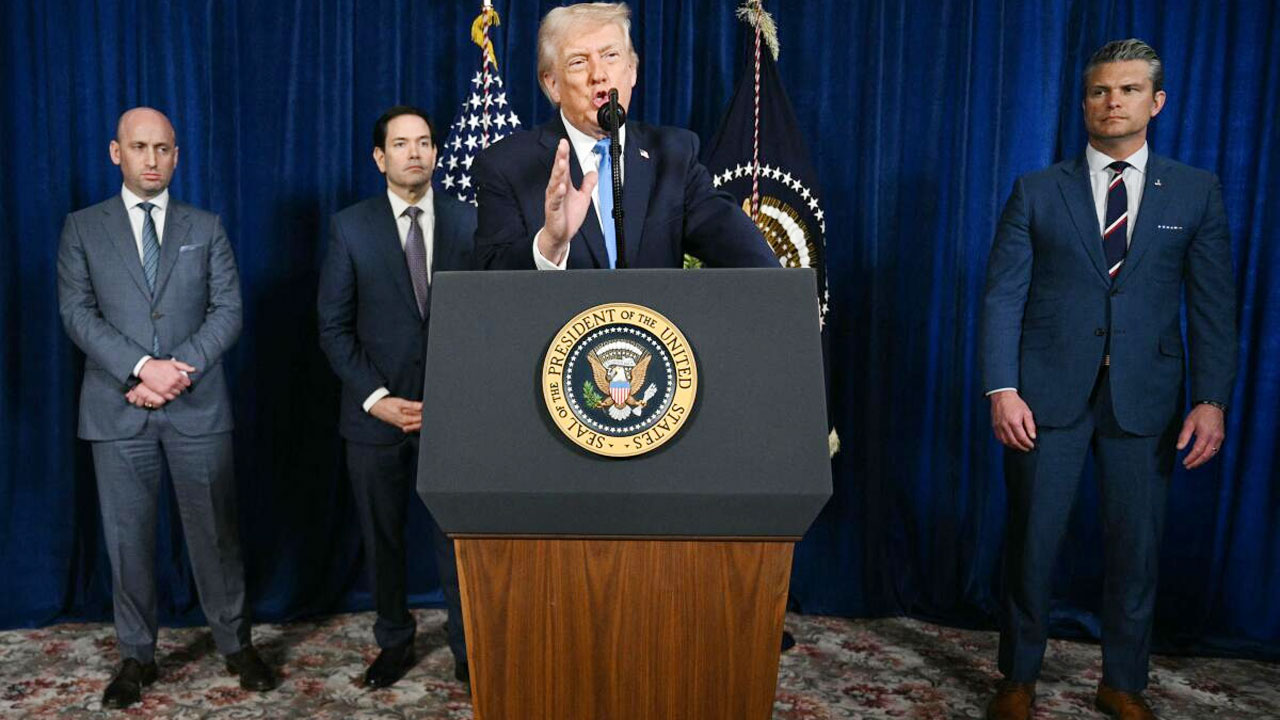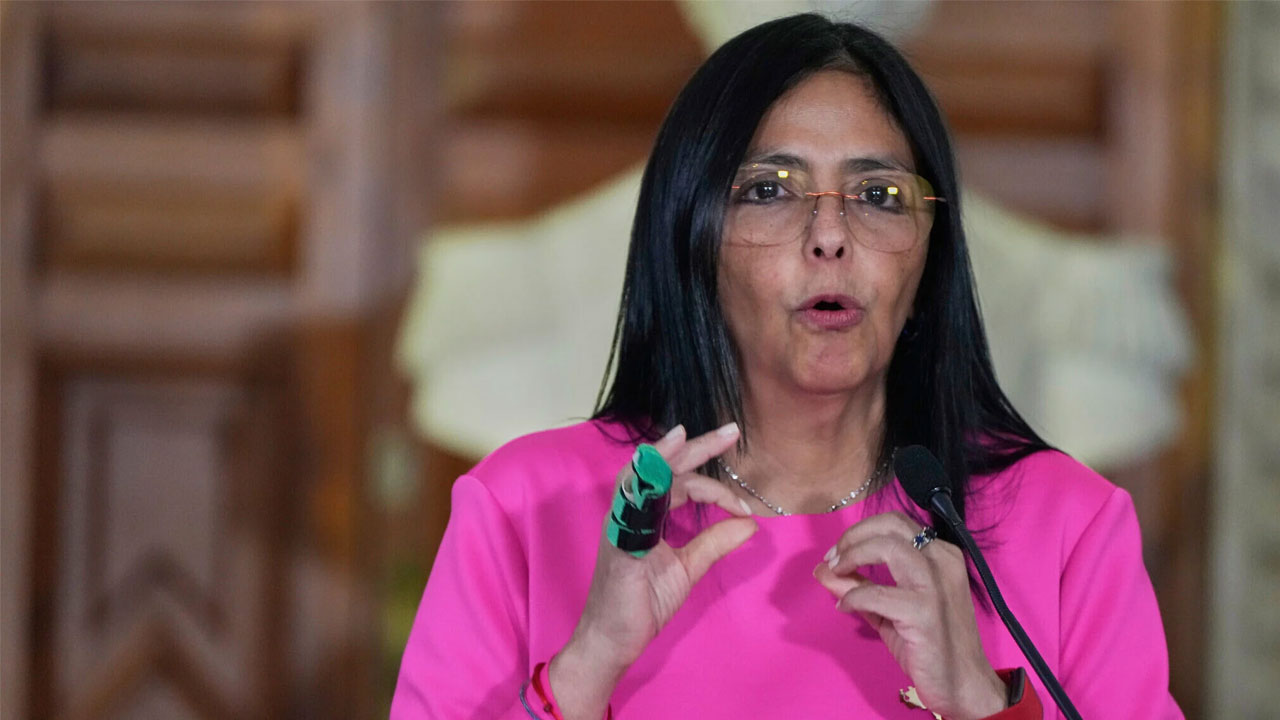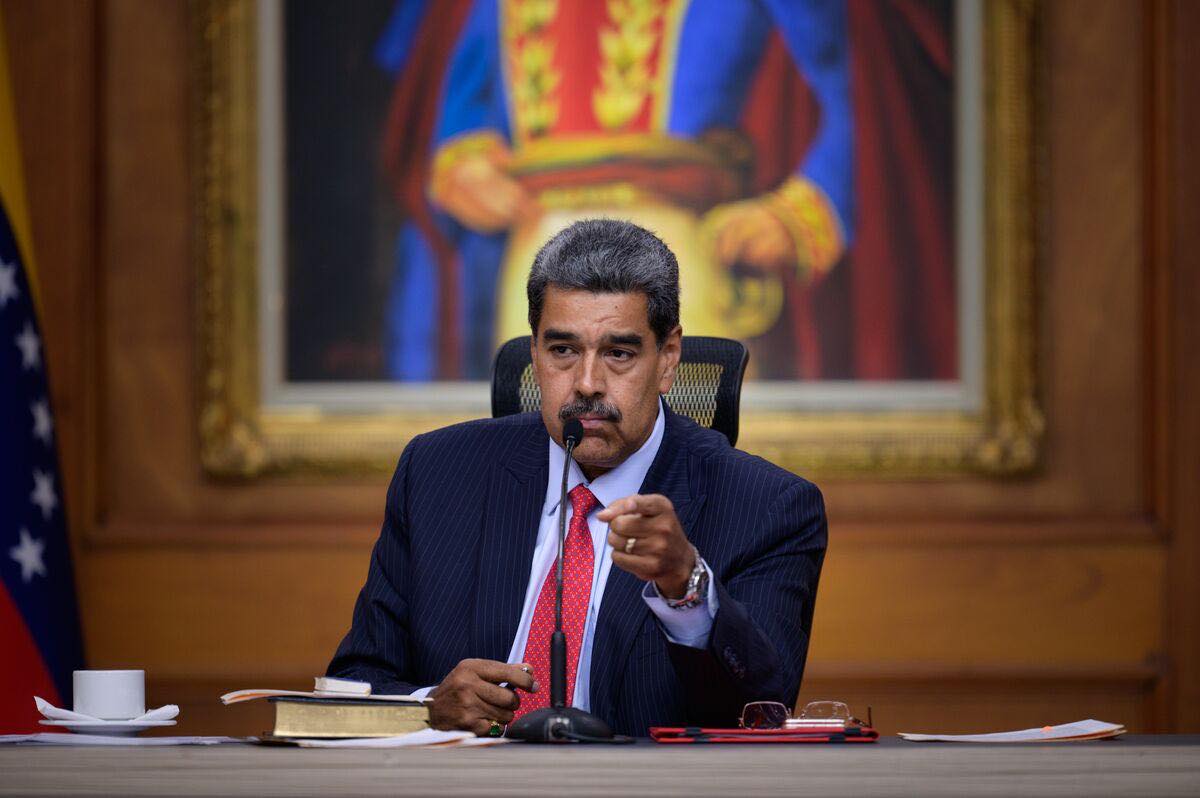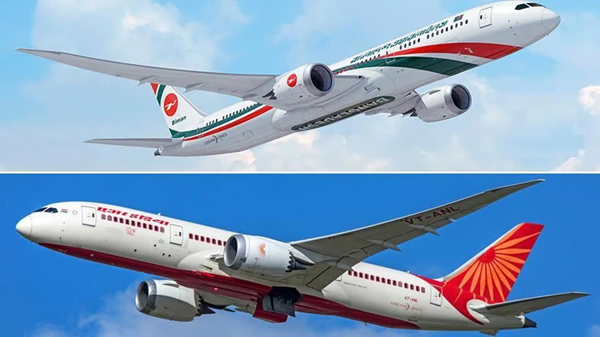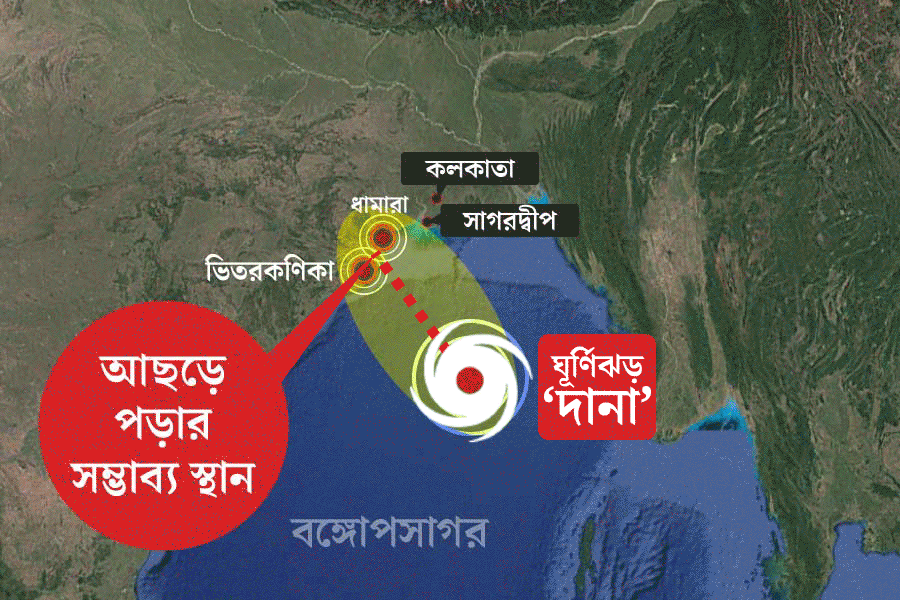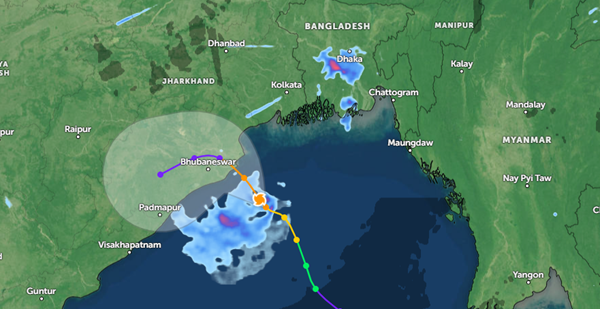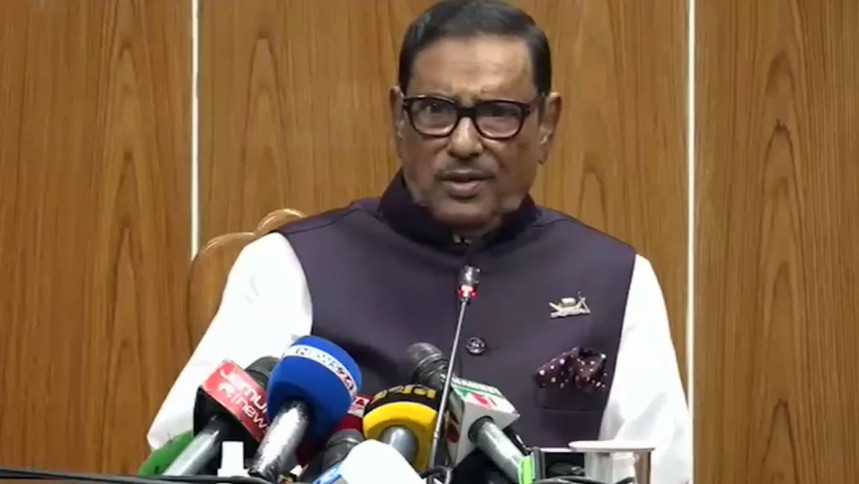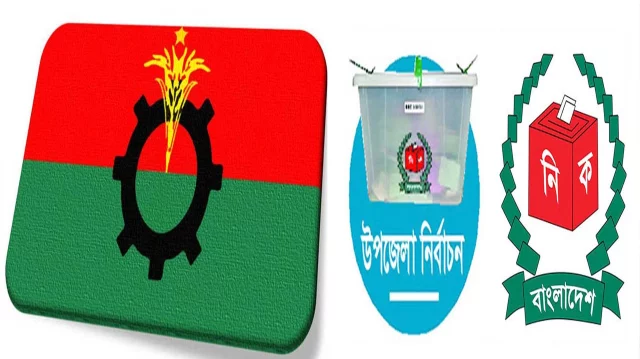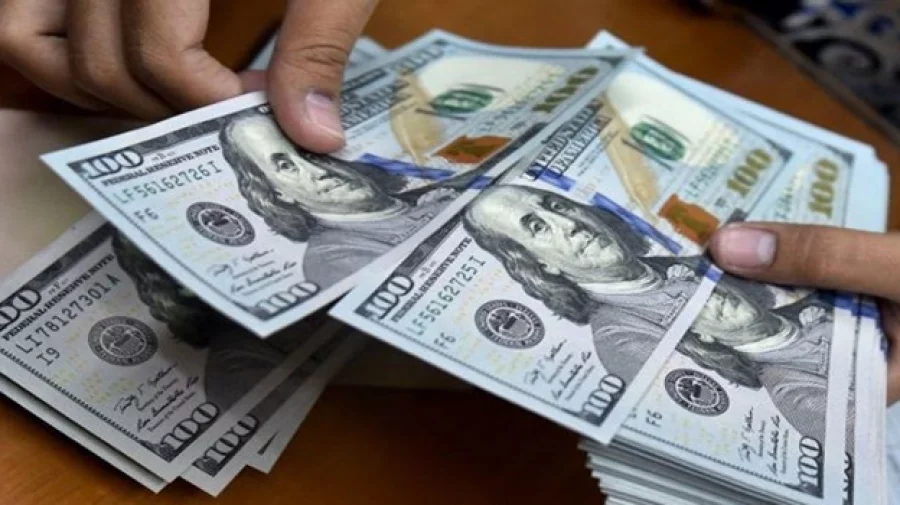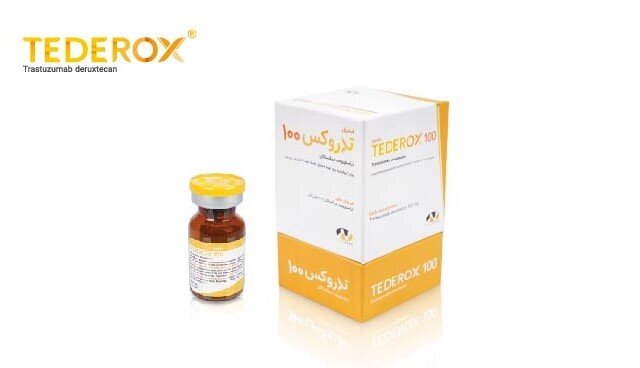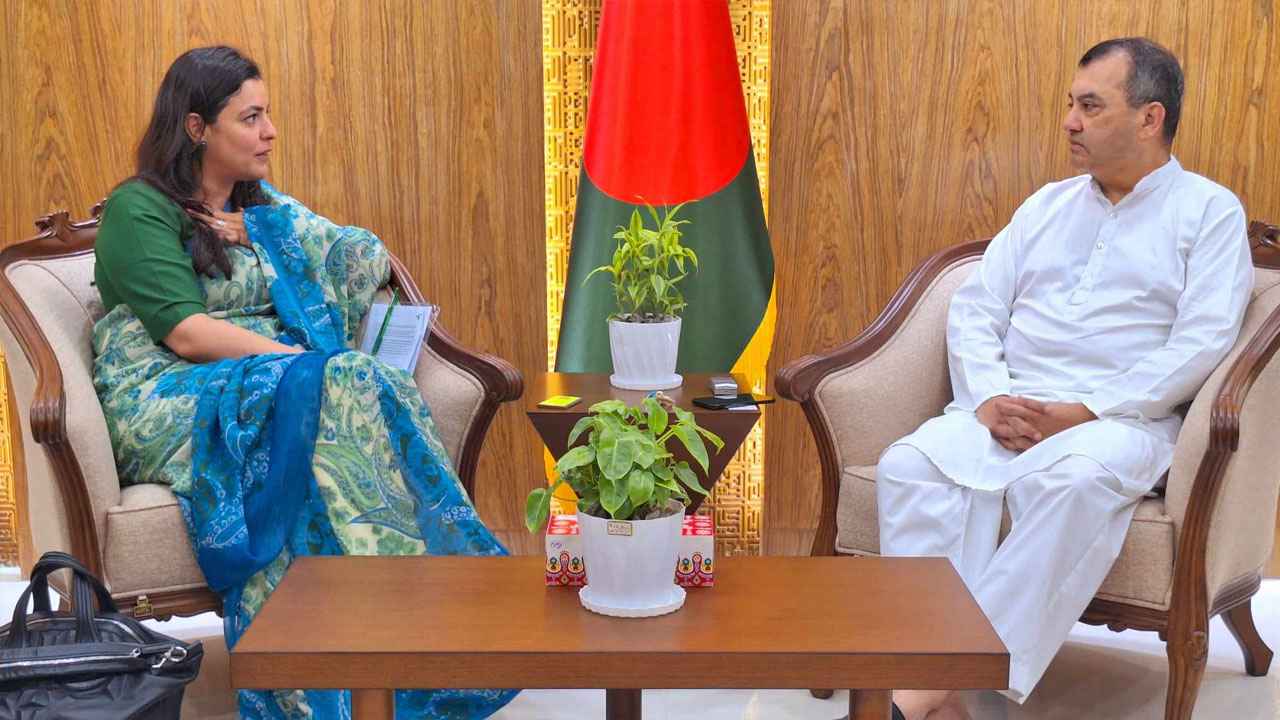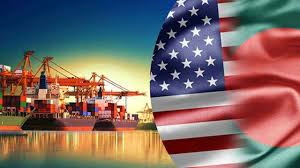
The Bangladesh government is currently under great pressure over the 35 percent countervailing duty imposed by the United States on Bangladeshi exports. The duty, which will come into effect from August 1, has raised concerns that the country's export products, including ready-made garments, will be restricted from entering the US market. The relevant trade associations have said that orders (purchase orders) in several sectors including ready-made garments, home textiles, leather, and light engineering have already started to decline due to the duty. Ready-made garment exporters in particular say that many of their buyers are now turning to Vietnam, Cambodia, or Mexico. This is making it difficult for them to cope with the US tariff pressure.
To address this challenge, the Bangladesh government is seeking alternative ways to strengthen diplomatic and strategic ties with the United States, which analysts call 'soft diplomacy'. As part of this, a proposal to import wheat from the United States has recently been approved. The latest meeting of the Advisory Procurement Committee, which replaces the Cabinet Committee on Government Procurement, approved a proposal to import 220,000 tonnes of wheat from the United States. The wheat will be purchased from Admiralty International Inc. of the United States under a government-to-government (G2G) agreement.
The price of wheat has been set at $282.95 per ton, about $5 more than the price of wheat imported from Russia in July. Although there is criticism due to this high price, the government sees it as a strategic investment. That is, through the import of food grains, a clear message is being sent to the United States that Bangladesh still has confidence in economic and commercial relations with Washington and is ready to strengthen mutual relations.
Interim government finance advisor Dr. Salehuddin Ahmed said, "The decision to import wheat from the United States is a strategic message. We want them to reconsider the additional duties imposed on our exports. This will make our goodwill clear to them." He added, "Working by calculating profit on price is not the demand of the time, but rather our goal is to achieve diplomatic and economic stability in the long term."
The meeting of the Government Procurement Committee has proposed strengthening strategic trade negotiations with the United States and hiring professional lobbyists there. However, there has been no final consensus within the government yet.
Trade experts say that countering US wheat imports and countervailing tariffs could serve as a "soft power tool." But how effective it will be will depend on global political developments and Washington's domestic trade policies.
